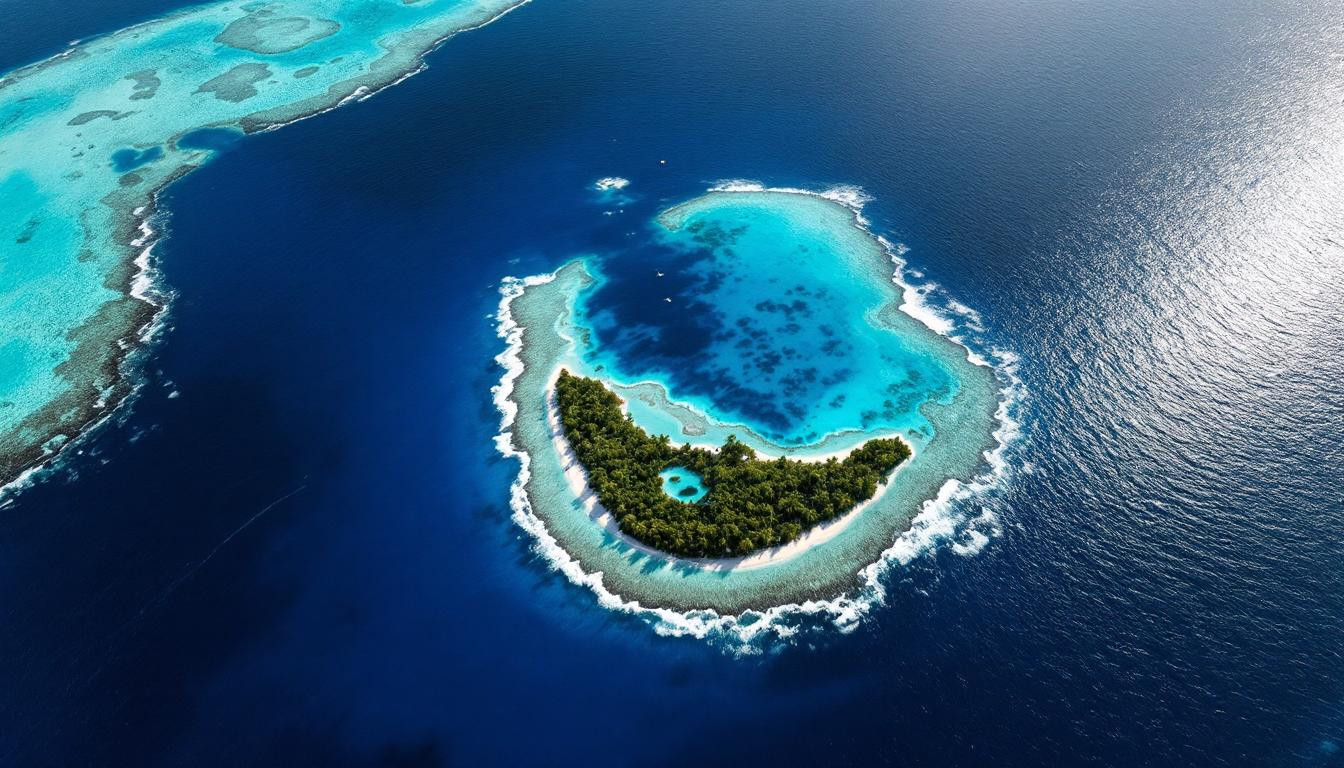In a world where global mobility increasingly defines opportunity, a tiny Pacific nation has found an innovative survival strategy. Nauru, one of the world’s smallest countries with just 12,500 residents, is now selling passports for $105,000 that offer visa-free access to 89 countries worldwide. This bold initiative isn’t merely a business venture—it’s a climate survival plan designed to fund the island’s battle against rising sea levels that threaten its very existence.
A Pacific passport with surprising power
Nauru’s new citizenship-by-investment program offers holders visa-free travel to influential destinations including the United Kingdom, Singapore, Hong Kong, and the United Arab Emirates. Unlike many similar programs, applicants need never set foot on the island’s shores—making it particularly attractive for those seeking global business opportunities without relocation requirements.
Climate crisis drives innovative funding
“While the world debates climate action, we must take proactive steps to secure our nation’s future,” explains Nauru’s President David Adeang. The passport program aims to generate $5.6 million in its first year, eventually scaling to $42 million annually—representing nearly 20% of the government’s total revenue.
These funds will primarily finance:
- Climate adaptation infrastructure
- Potential relocation of citizens to safer regions
- Rehabilitation of land damaged by previous phosphate mining
- Economic diversification initiatives
A golden passport at competitive rates
At $105,000, Nauru’s offering stands as one of the more affordable citizenship options in an increasingly popular market. Caribbean nations like Dominica charge $200,000, while European programs often demand investments exceeding €2 million. This strategic pricing positions Nauru to attract investors who might be reconsidering their portfolio diversification in uncertain times.
Not without controversy
Nauru’s passport program emerges from a checkered history. Previous iterations faced scandals involving questionable applicants, prompting the nation to implement stringent due diligence measures. “This program is like a phoenix rising from ashes,” notes immigration consultant Maya Rodriguez. “They’ve transformed past failures into a model that balances accessibility with integrity.”
Who’s buying these passports?
The typical buyers include:
- Business travelers from countries with restrictive passports
- Individuals seeking financial flexibility and tax advantages
- Digital nomads craving hassle-free global movement
- Those seeking a “Plan B” in uncertain geopolitical times
A microcosm of global challenges
Nauru’s initiative represents a microcosm of larger global dynamics, where climate vulnerability intersects with financial security and mobility. Like ancient human problem-solving, the island has crafted an innovative adaptation to existential threat.
The future of citizenship in a changing world
“Citizenship is evolving from birthright to strategic asset,” explains Dr. James Thorpe of the Global Mobility Institute. “Just as humans adapted physiologically to new environments, we’re now adapting legally and financially to navigate an interconnected world.”
For Nauru, selling passports isn’t just business—it’s survival. Like a small boat casting multiple anchors in stormy seas, this nation of 8.1 square miles is diversifying its security through global connections while funding its climate resilience.
Is global citizenship the new normal?
As climate change accelerates and geopolitical tensions rise, will more nations follow Nauru’s example? For those seeking enhanced mobility, understanding these emerging opportunities could be key to navigating our increasingly borderless yet complicated world. Whether viewed as innovative adaptation or controversial commodification, Nauru’s passport program offers a fascinating glimpse into citizenship’s evolving future.
